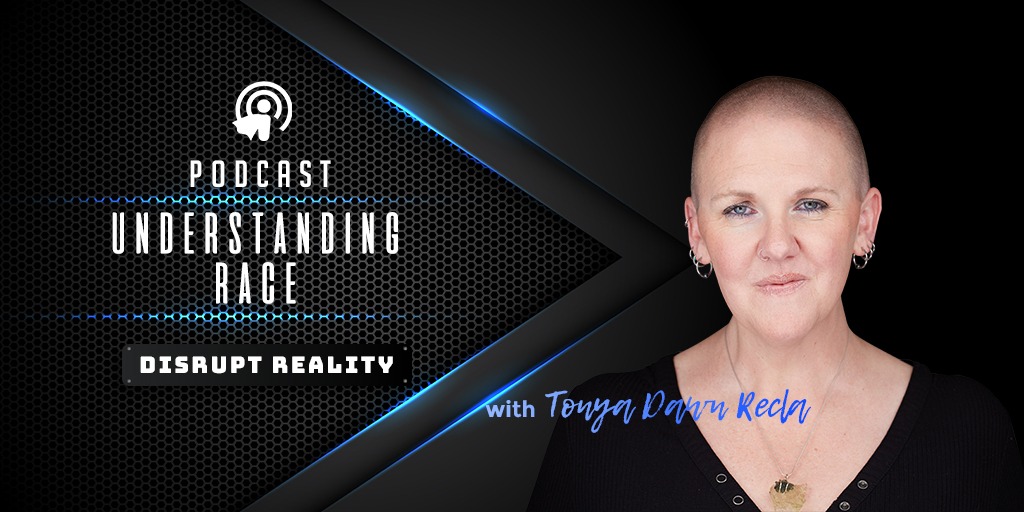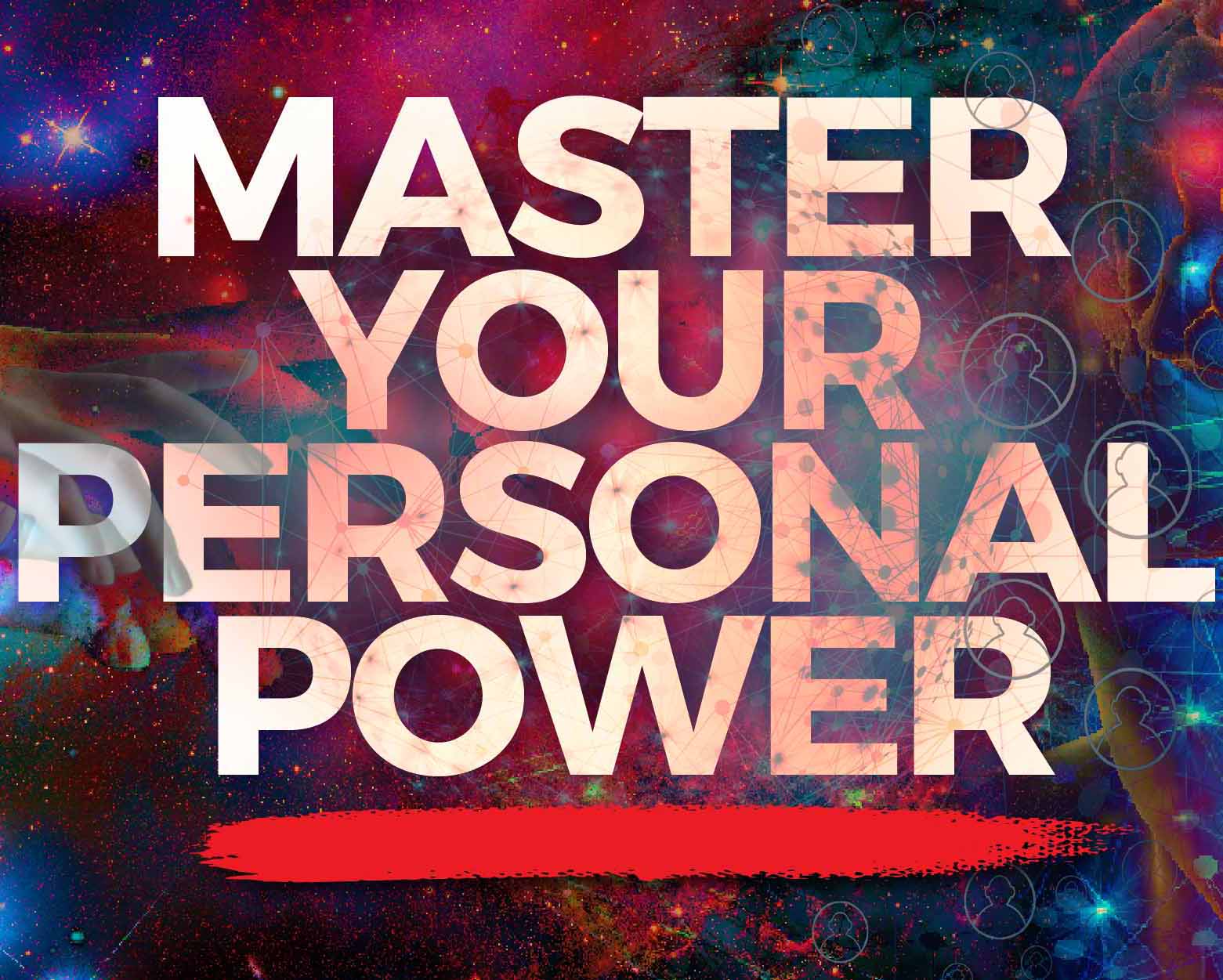One of the most important conversations right now is all about understanding race. In this episode of Disrupt Reality, host Tonya Dawn Recla expands on her interview with Dr. Janet Helms on Navigating Race Responsibly and the IM Series on Across the Divide: Race Matters in Black and White. From outbursts on social media to fights within boardrooms and homes, the race relations dialogue has advanced to epic proportions. In this episode, Tonya encourages all of us to take time to educate ourselves before consuming information, opinions, and guidance that we don’t fully understand. Listen to this powerful episode and learn how you can step into a more actualized space of compassion, understanding, and wisdom.
Hello, everyone. This is Tonya Dawn Recla, your SuperPower Expert, and today we’re talking about understanding race. The episode that I did with Janet Helms on navigating race responsibly, such amazing feedback from y’all, such powerful feedback. I thank you. Thank you for that. I’m glad that it was received in the way that it felt like Spirit was crafting it to be. It really was a beautiful exchange. Just a great opportunity for me to really honor somebody who had a profound impact on my life, and through me has impacted so many others, and that’s just through me. Certainly, through other people in her work, in the field of racial identity development. We did that episode. We did our IM Series on Across the Divide. Huge, huge gratitude to Dondrell Swanson for having the courage to step into that space and talk about some stuff that we went through 25 years ago.
That worked for us. That was a thing. And so to come back into that space and really bring all that forward into the here and now and into these frequencies that we’re at now is, to do that transparently and to be witnessed, it’s a walk. It’s been this beautiful discovery process of just the wealth of foundational material that was developed in those processes that served me not just in the corporate environment, but certainly the counter-intel environment and in the entrepreneur space, and now the personal development space. It’s impacted so many industries because that foundational component of really understanding race was present for me. It got integrated through that process 25 years ago.
I really sat with this over the last few weeks as we’ve watched the nation do what the nation is doing, and the most important piece that I’ve heard from everybody is people are hungry for places where they can have a conversation. I contend that’s a big part of the reason why our network is as popular as it is, is that we have conversations here. We talk about things. We don’t shy away from difficult conversations. We demonstrate how to step into them even when you’re scared to, even when you’re not really sure you want to. That’s the beauty of this. We lead with our hearts and souls. The over 2 million downloads monthly is a tribute and a testament to the fact that people want to hear about the things that matter. They want to think deep. People are incredible at rising to bars when we set them high.
That’s important, but the underlying concept and all of this is just the confusion, and confusion leads to miscommunication, which leads to separation, which leads to infighting. All kinds of fun stuff occur there. And so that’s the purpose of this little chat today is what, at the most basic of levels, what are we really talking about? What’s at the heart of this matter, and why is it important? And at the same time, why do we need to move beyond it? It’s important and we need to sit in it, but the goal was never to stay in it. It’s a weird kind of idea in and of itself, and so without asking ourselves, what’s the real goal. And you hear different goals. People want to eradicate racism. They want to end it, or it’s not a big deal. “I don’t even know what it is”. Whatever the case may be. There’s a lot of misunderstandings about it.
Racism can’t be eradicated until the concept of the race goes away, and I don’t really see that happening anytime soon, not because I’m disenchanted, but because we have to understand how it came about, to begin with. We get very uncomfortable when we can’t visually categorize people. The two areas that we like to do that are gender and what we’ve called the race. Race means nothing more than visual cues to group members if you will. Those groups are fictitious in the sense that just because people appear to be similar, typically by skin tone, sometimes by other characteristics but mostly it’s skin tone that we’re using here, then there’s a fallacy to grouping people and thinking that you know anything about somebody in that process. Not just because it’s not nice and it’s not the polite thing to do, but because it’s actually erroneous.
You can’t say somebody with a specific skin tone and somebody else with that same exact skin tone has anything in common, and I’m not even talking about the fluffy, “We’re all individuals.” I mean really, they have nothing in common. They may not even be from the same ethnic group. They may not even be from the same geographical region. They may not be from the same religious group. Literally, truly from a social identity perspective complete opposites, but that creates so many variables that we go overwhelm. And I think what’s happening with understanding race is we’re learning how to supersede that need to categorize because we’re seeing the same thing in the whole non-binary movement.
Instead of stopping at, “Do, we agree with this? Do we not agree with this? Do we like this? Do we not like this? Does this frighten us? Does this not frighten us? Does this threaten us? Does this not threaten us?” It’s happening, folks, so those are kind of silly conversations to have inside of yourself or with other people, and especially on social media. What happens when we just say, “Okay, why? Why are we seeing this?” Undeniably, we are seeing movement or pushback or depending on which side of the fence you sit on in these dialogues, in these conversations. Well, the dialogues about whether we like it or not really make no sense. How do we know if we like it or not if we don’t understand why it’s happening?
So that’s what we’re going to cover here much more in-depth here in a moment. Before we go to the break, I mentioned a few resources, so go to our IM Series. You can go to superpowerexperts.com and click on Messages, and there’s, if you go on that page down to the bottom, you’ll see the Across the Divide: Race Matters in Black and White. That’s the three-part series, so you can check out stuff there. In there, there are resources. The interview with Dr. Helms is in there, as well as a link to her book and other resources. So again, you don’t really know if you agree with something or don’t agree with it if you don’t understand it, so educate yourselves. Learn. Crack a book. Do whatever it takes to get yourself out of the conflict mindset, and admit you probably don’t know what you’re talking about anyway. That’s the conclusion most people come to.
Instead, just bow out of that conversation and instead, read. Educate yourselves. Triangulate information. Don’t just consume blindly, but really sit in stuff and start to navigate, and see if you can relate to certain things. That’s a great way to start. But stay with us. We’ll talk about more things that you can do, and help you understand this concept just a little bit better when we come back from the break.
To listen to the entire show click on the player above or go to the SuperPower Up! podcast on iTunes.
Podcast: Play in new window




